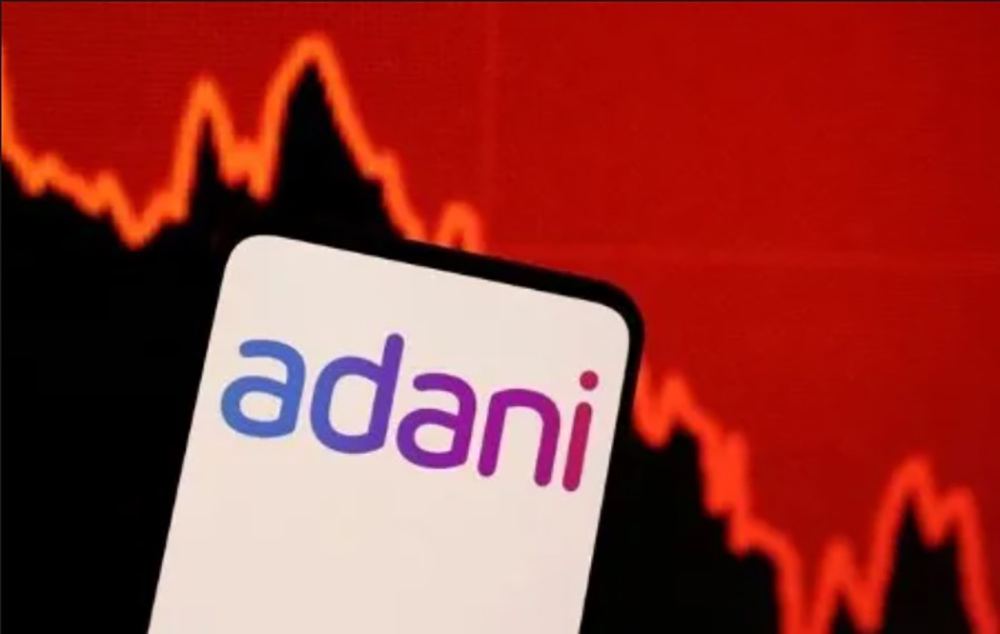Most Asian stock markets rose while currencies fell against a firmer US dollar, as investors awaited the key US non-farm payrolls report for further clues about the Federal Reserve policy after dovish signals from global central banks.
Equities in Jakarta advanced 0.7 percent to hit a more than one-month high and were on track for a 0.6 percent weekly rise. Stocks in Seoul, Bangkok and Singapore advanced between 0.2 percent and 0.4 percent. Philippine stocks slipped 1 percent and Malaysian shares eased 0.1 percent to be the only outliers.
Market participants are now awaiting the US non-farm payrolls report, due later in the day, to gauge the strength of the labor market.
“A positive result may trigger some US dollar strength as markets price in more rate hikes and delayed rate cuts from the FOMC (Federal Open Market Committee),” MUFG Bank analysts said in a note.
The European Central Bank (ECB) and the Bank of England (BoE) hiked their rates by 50 basis points each on Thursday.
The hikes came a day after the Fed delivered a 25-bp increase and Chair Jerome Powell said the “disinflationary” process in the world’s largest economy had started.
“Market players viewed recent decisions of major central banks to be more dovish than expected,” said Poon Panichpibool, a markets strategist at Krung Thai Bank, adding that a rebound in the US dollar was weighing on Southeast Asia’s currencies.
The dollar index was up 0.1 percent at 101.85, as of 0615 GMT, away from Wednesday’s nine-month low of 100.80.
In forex markets, the South Korean won fell 0.7 percent, while Malaysia’s ringgit declined 0.6 percent and was set to snap three straight weeks of gains.
The Indonesian rupiah and India’s rupee eased 0.1 percent each. The rupiah was on track for a fourth straight weekly gain, while the rupee was set for a 0.9 percent slump for the week.
In Indonesia, investors are now awaiting the fourth-quarter gross domestic product due on Feb. 6. A Reuters poll showed economic growth likely slowed in the last quarter as declining commodity and energy prices hit exports, and a widely expected global recession could accelerate the slowdown this year. – Reuters





